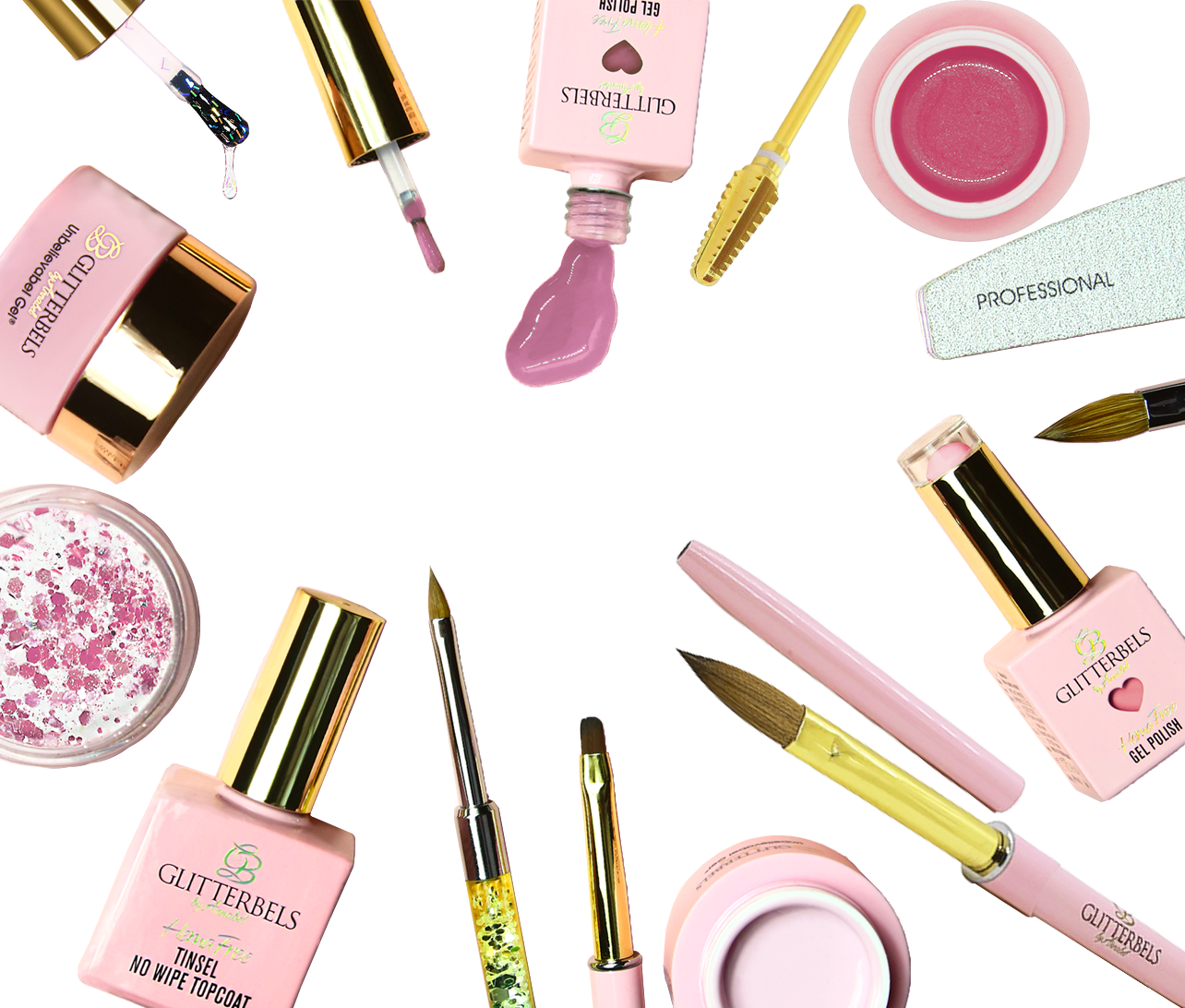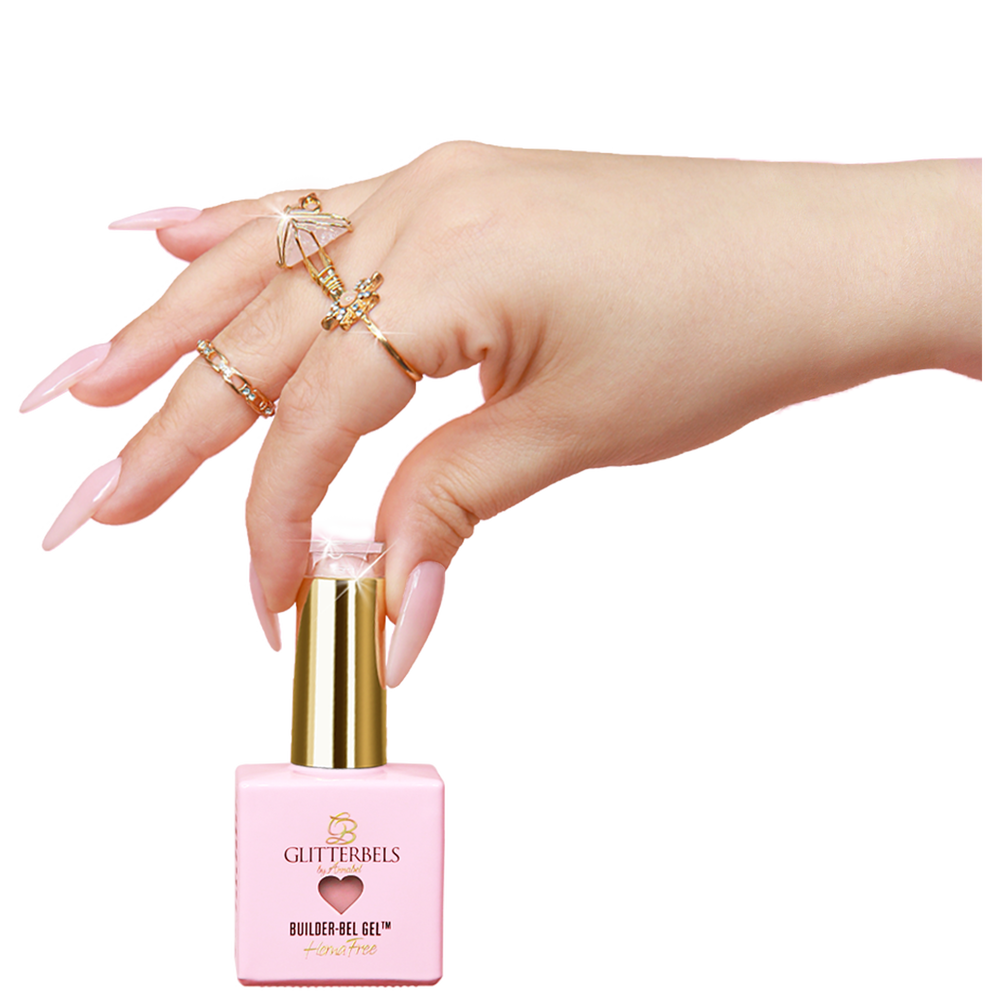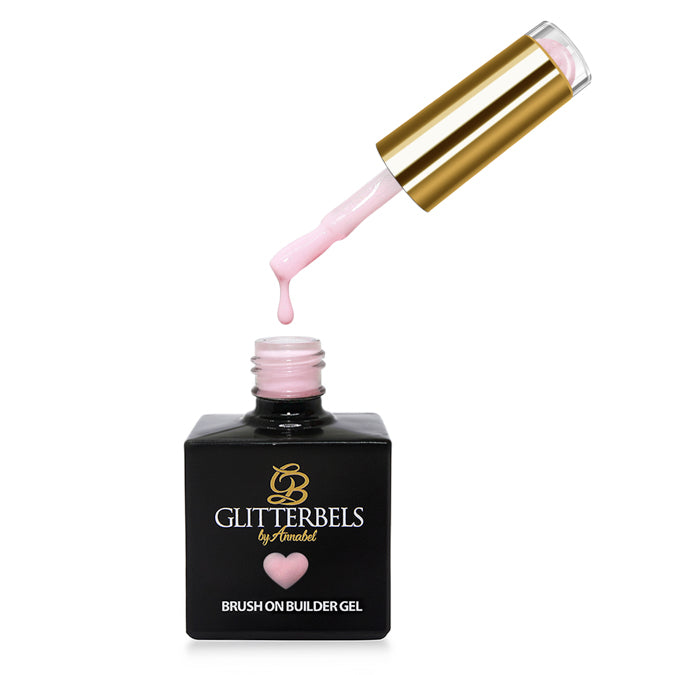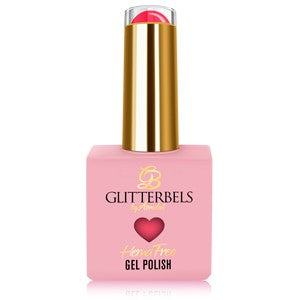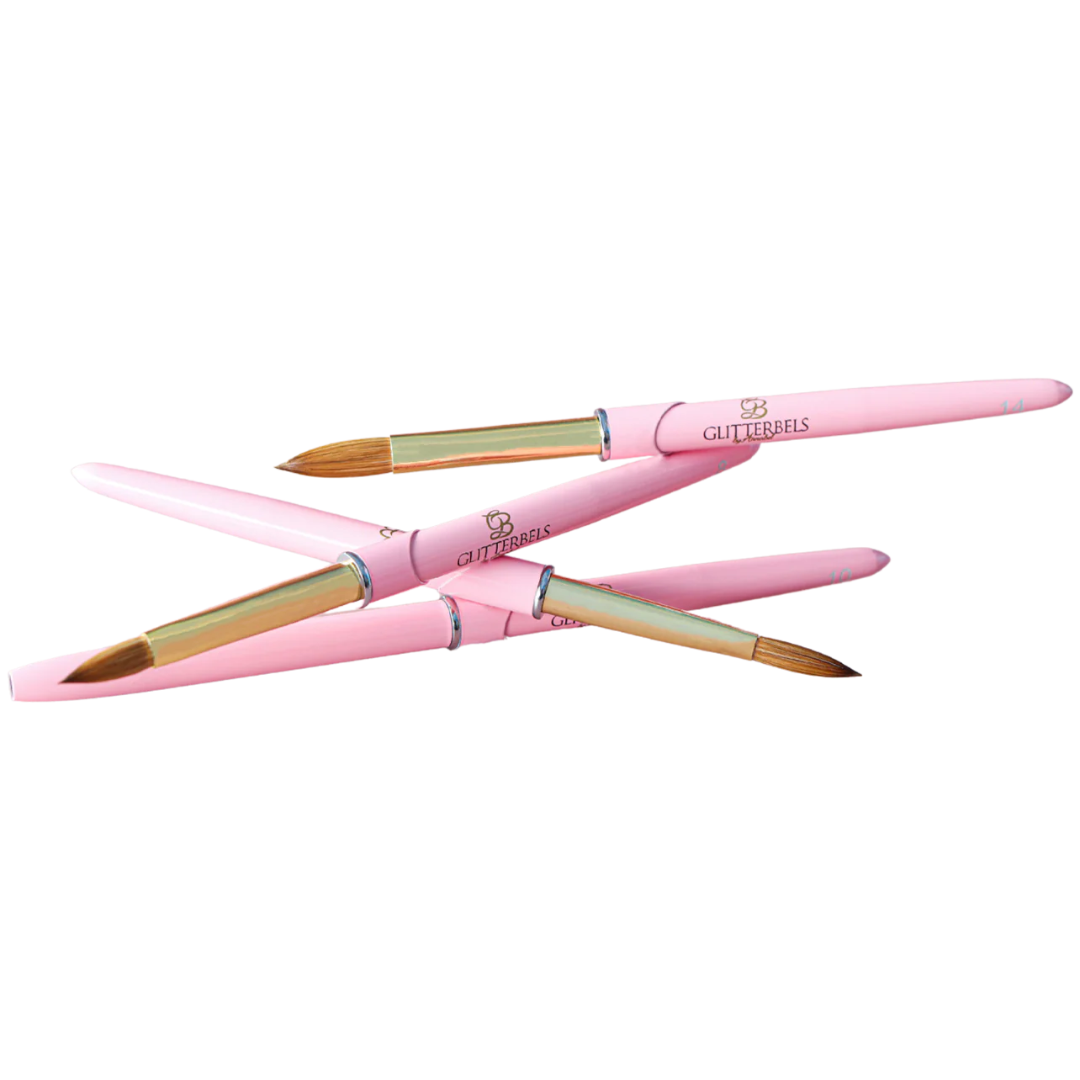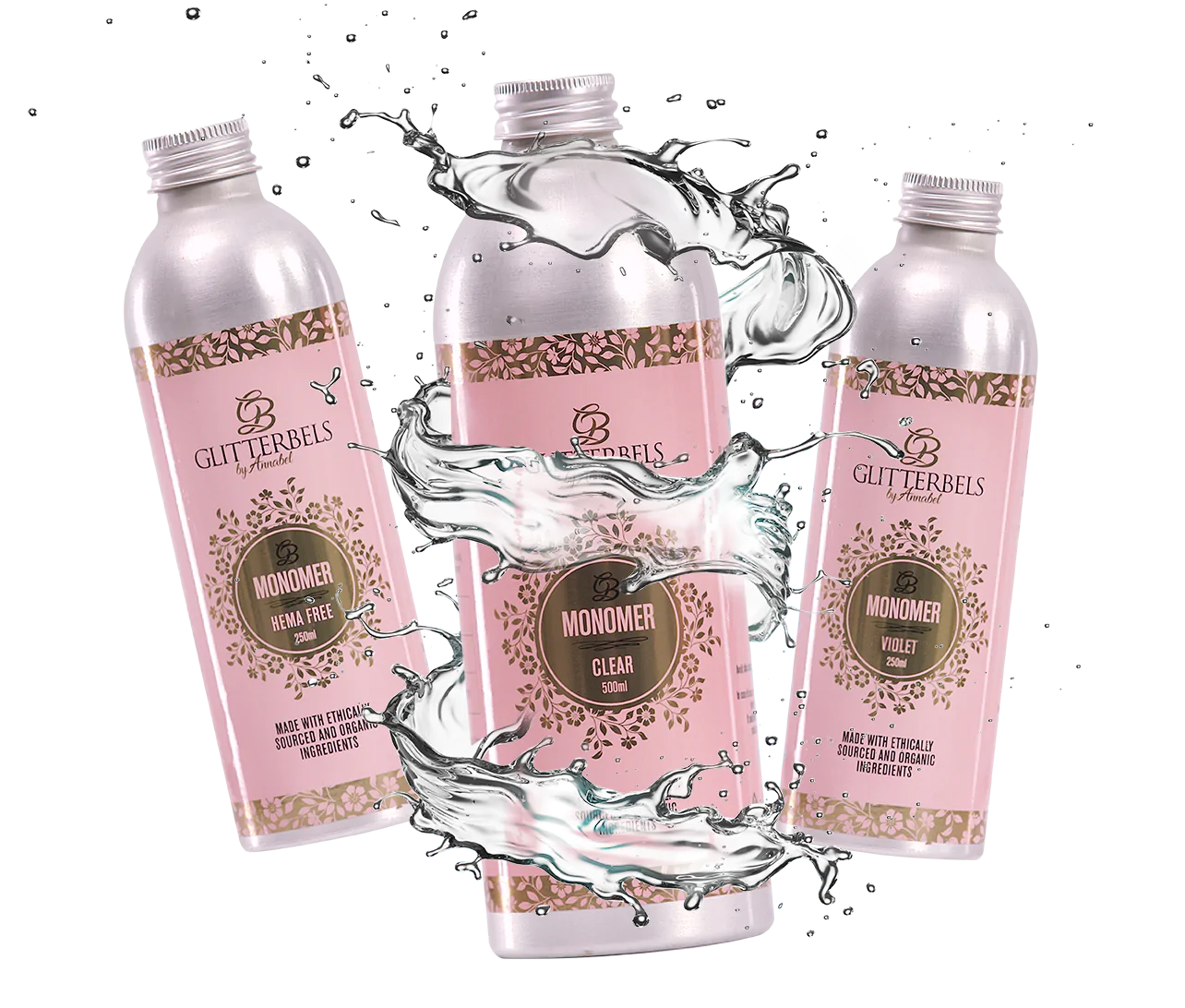Builder gel and hard gel to the uninitiated could appear to be the same product. But there are some fundamental differences both in the nature of the product, how it is used and what it is used for. In this piece, we'll take a deep dive into what builder gel and hard gel is and when each one should be used and, ultimately, which one is going to be best for your nails.
What is hard gel?
Hard gel is a type of nail enhancement product that is used to strengthen, shape and extend the nails. Hard gels are very popular because they can create any desired look – from natural-looking nails to more intricate designs like 3D artwork. It's also extremely resilient and hard-wearing, making it great for long-lasting effects.
What is builder gel and what's the difference?
Builder gel is a type of nail enhancement product that can be used to provide more volume and strength to natural nails. It's also softer than hard gel, which makes it easier to manipulate and shape into desired designs. Unlike hard gel, builder gel does not require filing or buffing prior to removal as it can easily be soaked off with acetone. And, if your interested in how to apply builder gel check this piece out.
What are the characteristics of hard gel?
- Texture: Hard gel is a thick, viscous product that dries quickly and has a harder finish once cured.
- Strength: Hard gel provides durable strength to the natural nail with minimal risk of breakage or chipping.
- Appearance: Once applied, hard gels will have a glossy and shiny finish that can be further enhanced with glittery
- Consistency: Hard gel is much thicker and stickier than builder gel, making it ideal for lengthening natural nails.
What are the characteristics of builder gel?
- Texture: Builder gels have a thinner consistency than hard gels and are more malleable to create desired shapes.
- Strength: Builder gels can be used to reinforce and strengthen the nail without making it too rigid.
- Appearance: Builder gels typically have a satin finish, although some can be glittery.
- Consistency: Builder gels are less viscous than hard gels and will not dry as quickly when exposed to UV or LED light.
When should a hard gel be used?
Hard gels are great for creating longer nails with intricate designs and they will last much longer than builder gels. They're also ideal for people who have brittle or weak nails, as the added strength provided by hard gels helps to prevent breakage and chipping.
When should builder gel be used?
Builder gels can be used to create more natural-looking nails as they are softer and easier to shape. They can also be used to reinforce weak or brittle nails, although the effects won't last as long as with hard gels.
How are builder gel and hard gel similar?
Both builder gels and hard gels are used for nail enhancements, providing strength and shape to natural nails. They both require UV/LED light to cure, although the time needed for curing varies depending on the type of gel being used.
Which gel is better for your nails?
The choice of builder gel or hard gel should depend on your individual needs. Both builder gel and hard gel turn into plastics and, as such, contact with the skin should be avoided at all times. In terms of which is better for nails it has to be builder gel. Why? Because hard gels need to be filed off which could lead to the damaging to the natural nail.

Understanding Builder Gel
Builder gel is now a staple in the nail enhancement industry, and is known for its versatility and strength. It's a medium-viscosity gel, used to we can sculpt and use tips to enhance the length of natural nails, providing an extra layer of protection. The unique aspect of builder gel lies in its self-leveling property, which allows for a smoother application and a more natural appearance. Unlike acrylics powder, builder gel requires curing under a UV or LED lamp, ensuring a controlled and efficient setting process.
Last year we took a significant step in advancing builder gel technology by pioneering the HEMA-free formula. HEMA (Hydroxyethyl Methacrylate) is a common ingredient in nail products known for causing allergic reactions in some individuals. By developing a HEMA-free builder gel, Glitterbels has not only reduced the risk of allergic reactions but also enabled a more diverse range of choice for both nail techs and clients.
Delving into HEMA-Free Builder Gel
HEMA-free builder gels have revolutionised the nail industry by offering a safer alternative without compromising on quality and durability. Glitterbels’ HEMA-free range provides exceptional adhesion, flexibility, and strength, making it a go-to choice for professionals. This innovation reflects the brand's dedication to catering to the needs of nail technicians who prioritise both artistry and the general growing interest in allergy prevention and, more generally what we put on an in our bodies.
Exploring Hard Gel
Hard gel, another popular option in nail enhancements, is known for its rigidity and durability. It's a thicker consistency gel used to create nail extensions and is particularly popular in continental Europe for its robust nature. Hard gel, like builder gel, also requires curing under a UV or LED lamp. However, unlike builder gel, hard gel does not have a self-leveling property and is generally not removable by soaking, often requiring filing off. While hard gel offers long-lasting nail enhancements, its rigidity can be less forgiving on the natural nail compared to the flexibility of builder gels.
It's really important that you make the right choice when it comes to selecting the right product for your needs. If you are uncertain, it's always best to consult with a professional and get advice on which type of gel will work best for you.
In summary, builder gel and hard gel have their own unique characteristics that make them suited to specific types of nail enhancements. Builder gels are softer and easier to shape while hard gels provide greater strength and durability. Ultimately, the choice between the two should depend on your individual needs and preferences.
When it comes to selecting a product for your nails, it's important to consider all the potential benefits and risks that come with each type of gel. Taking time to research and consult with a professional nail technician will pay dividends in terms of how your nails look, the longevity of your manicure and the health of your nails.

